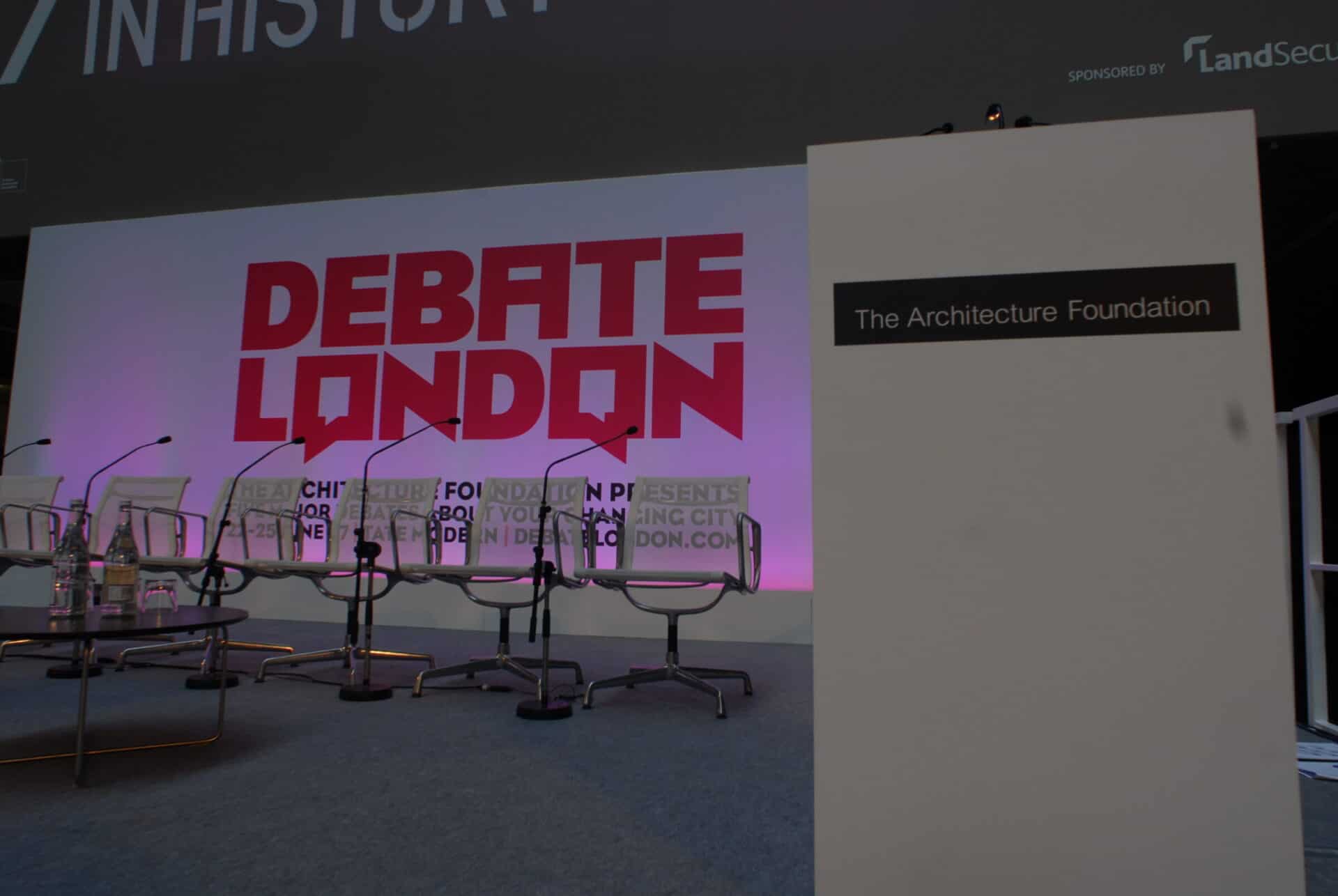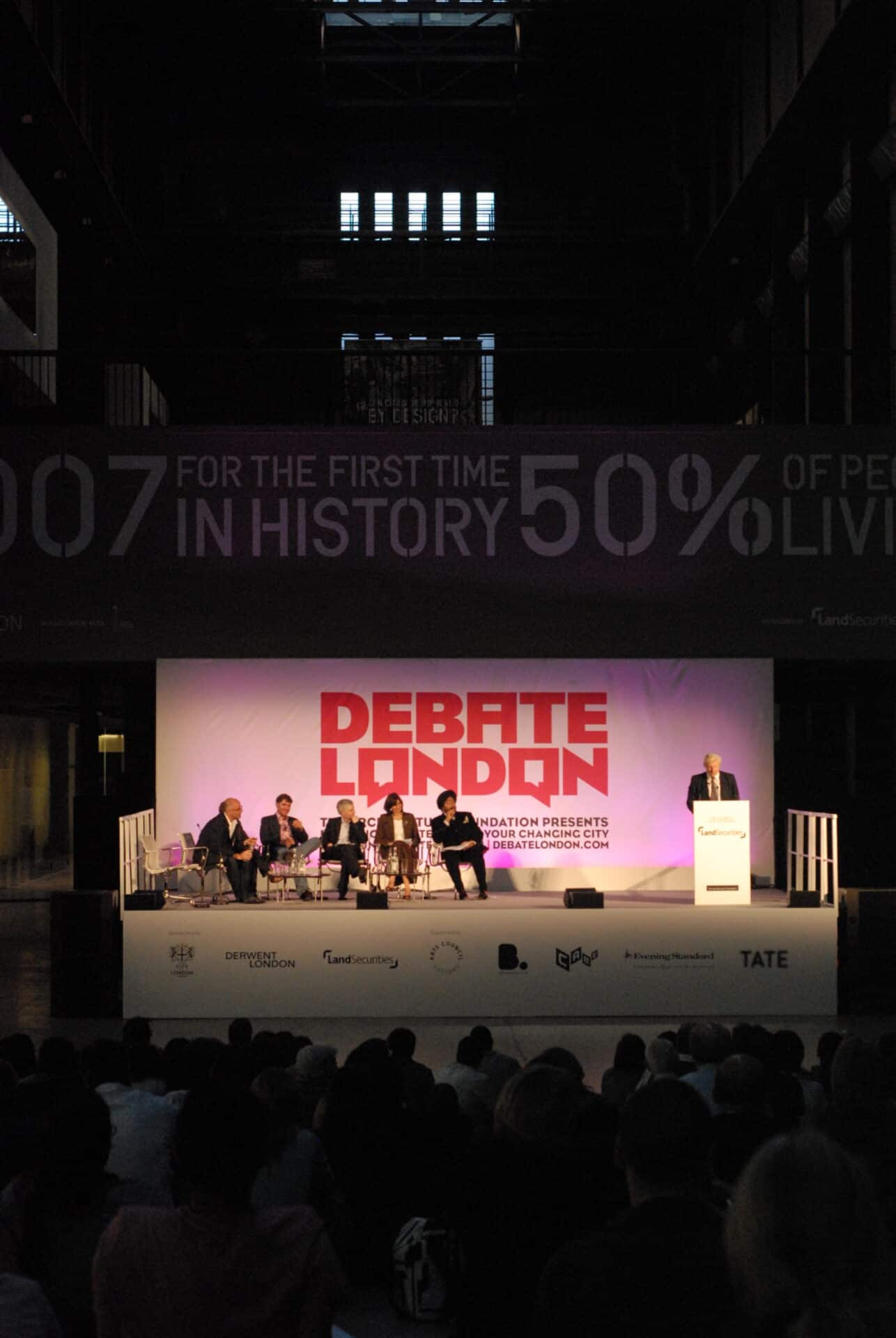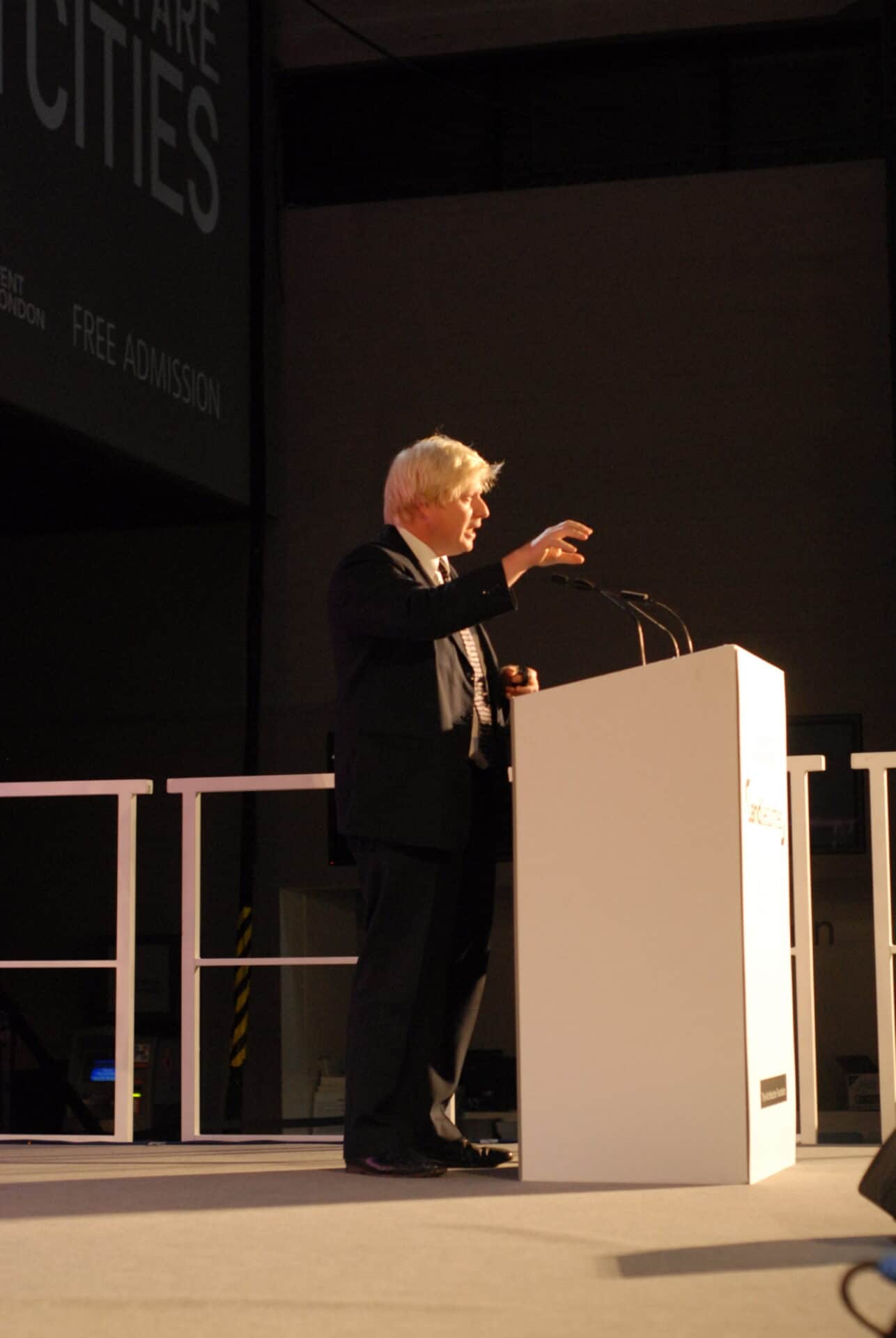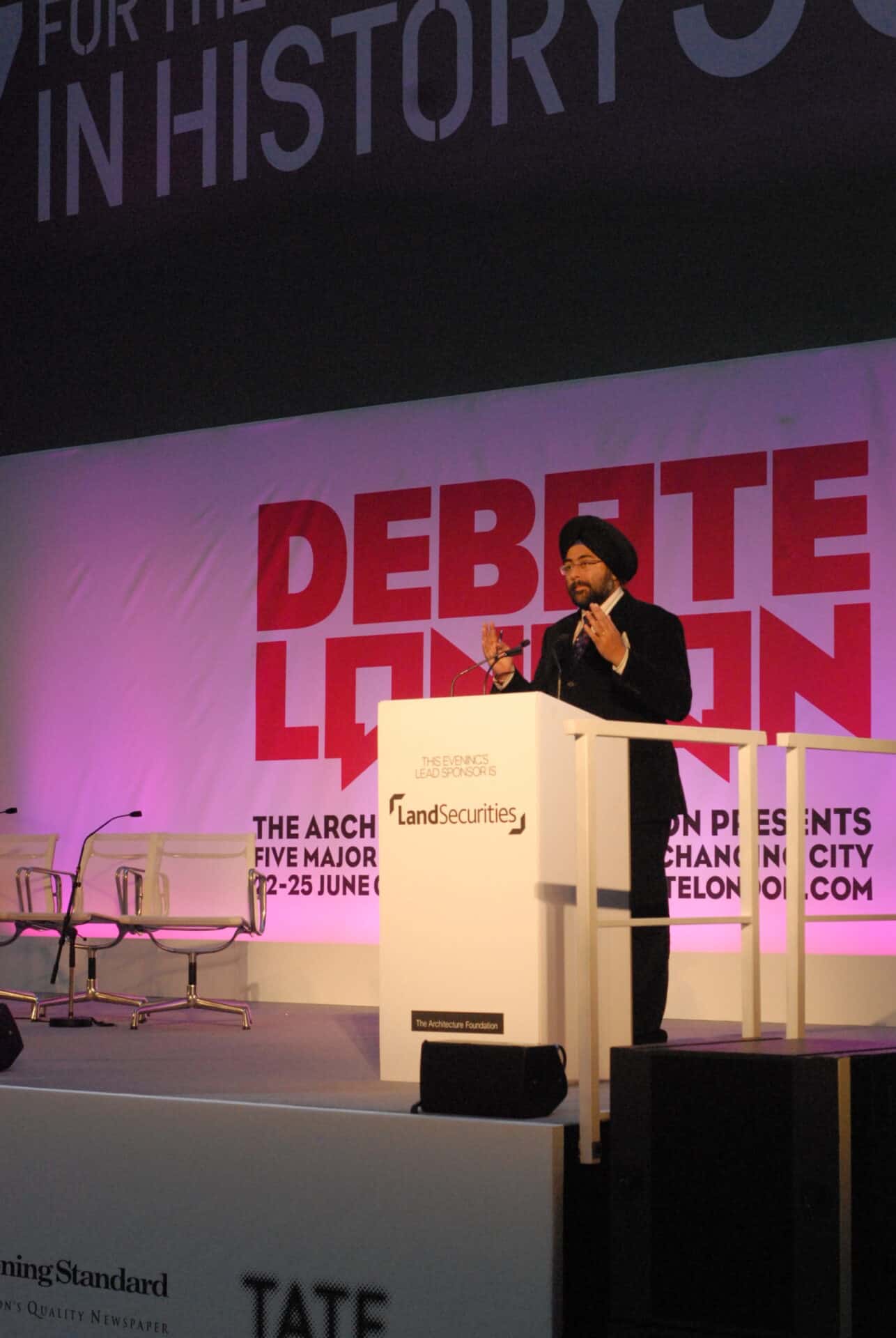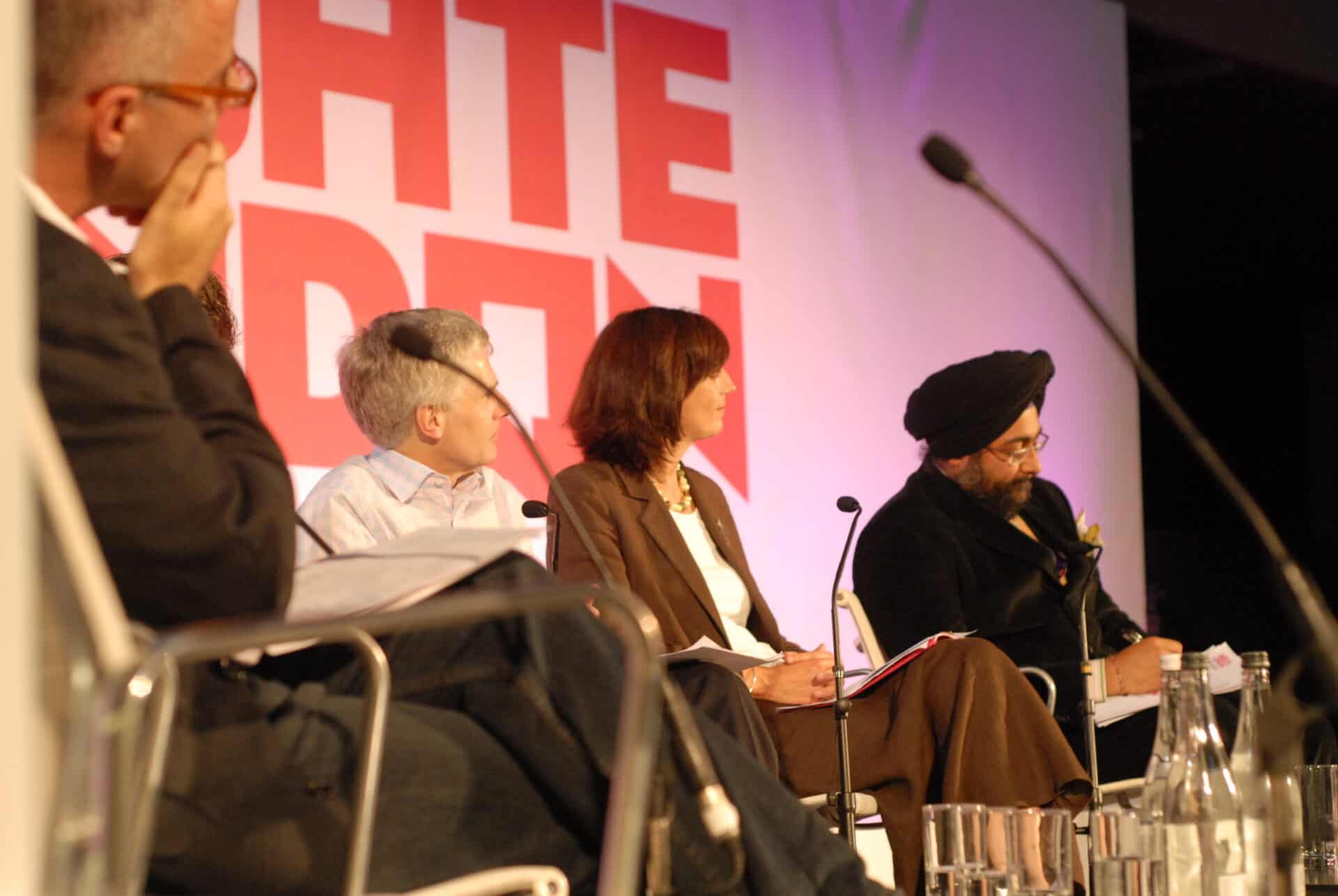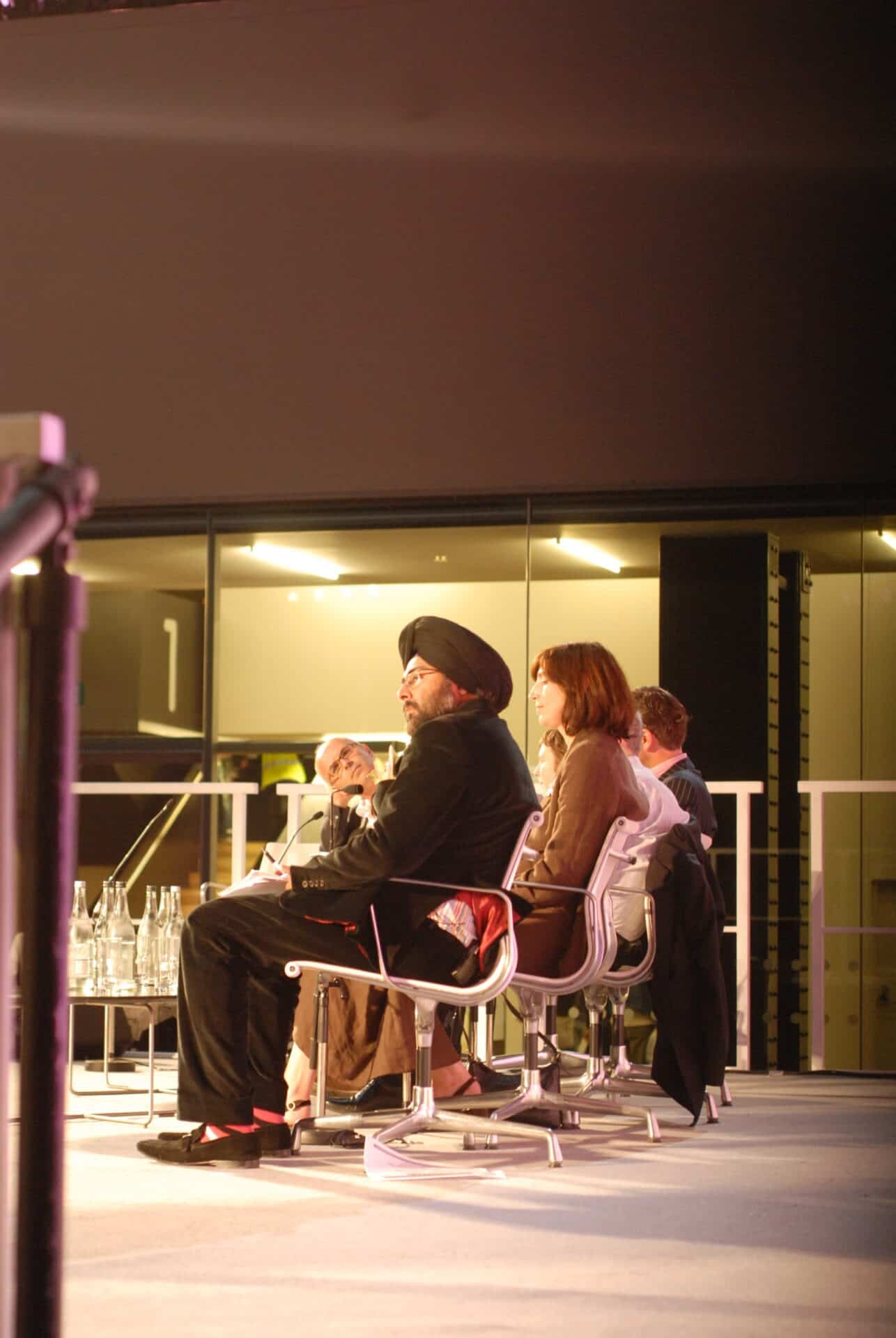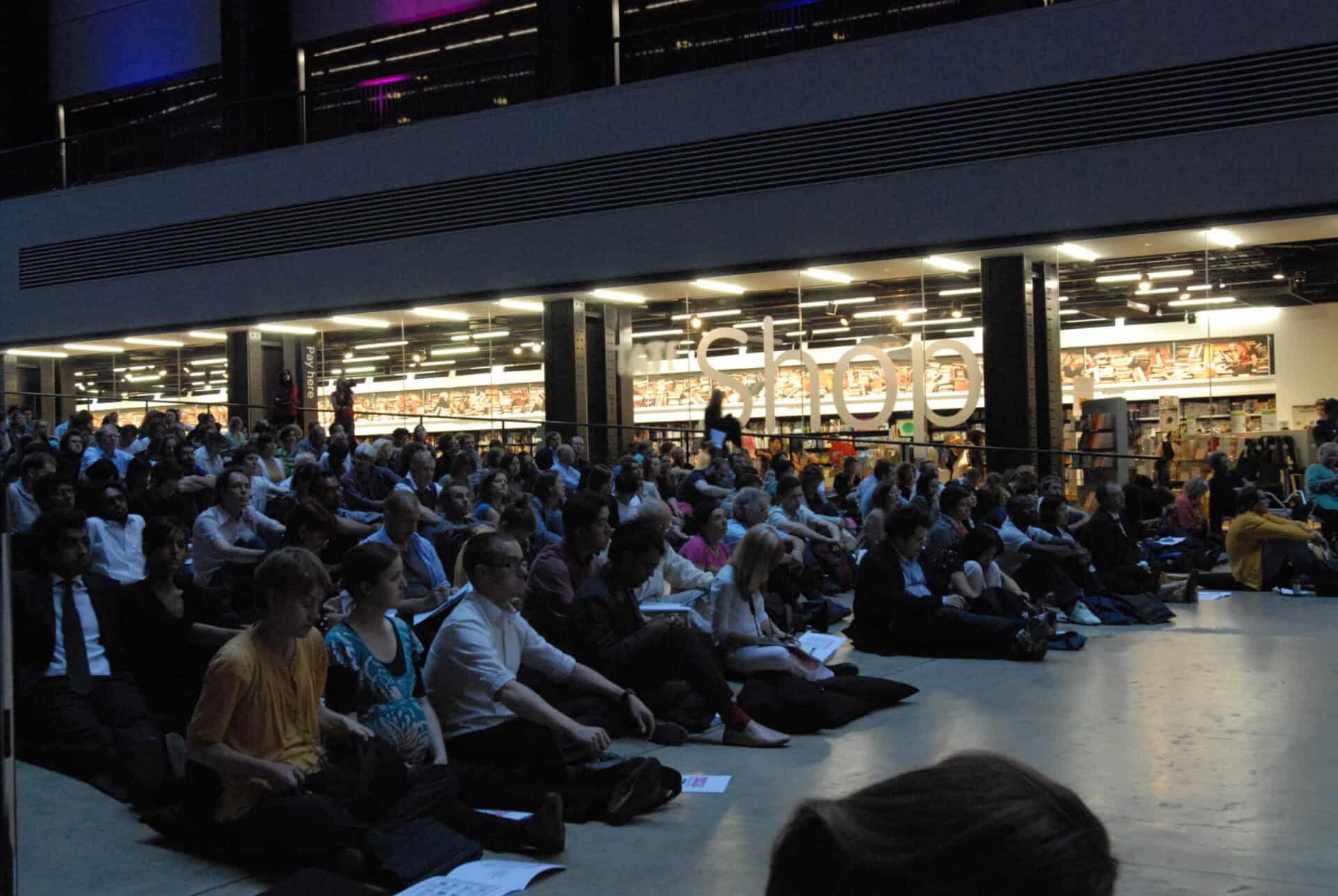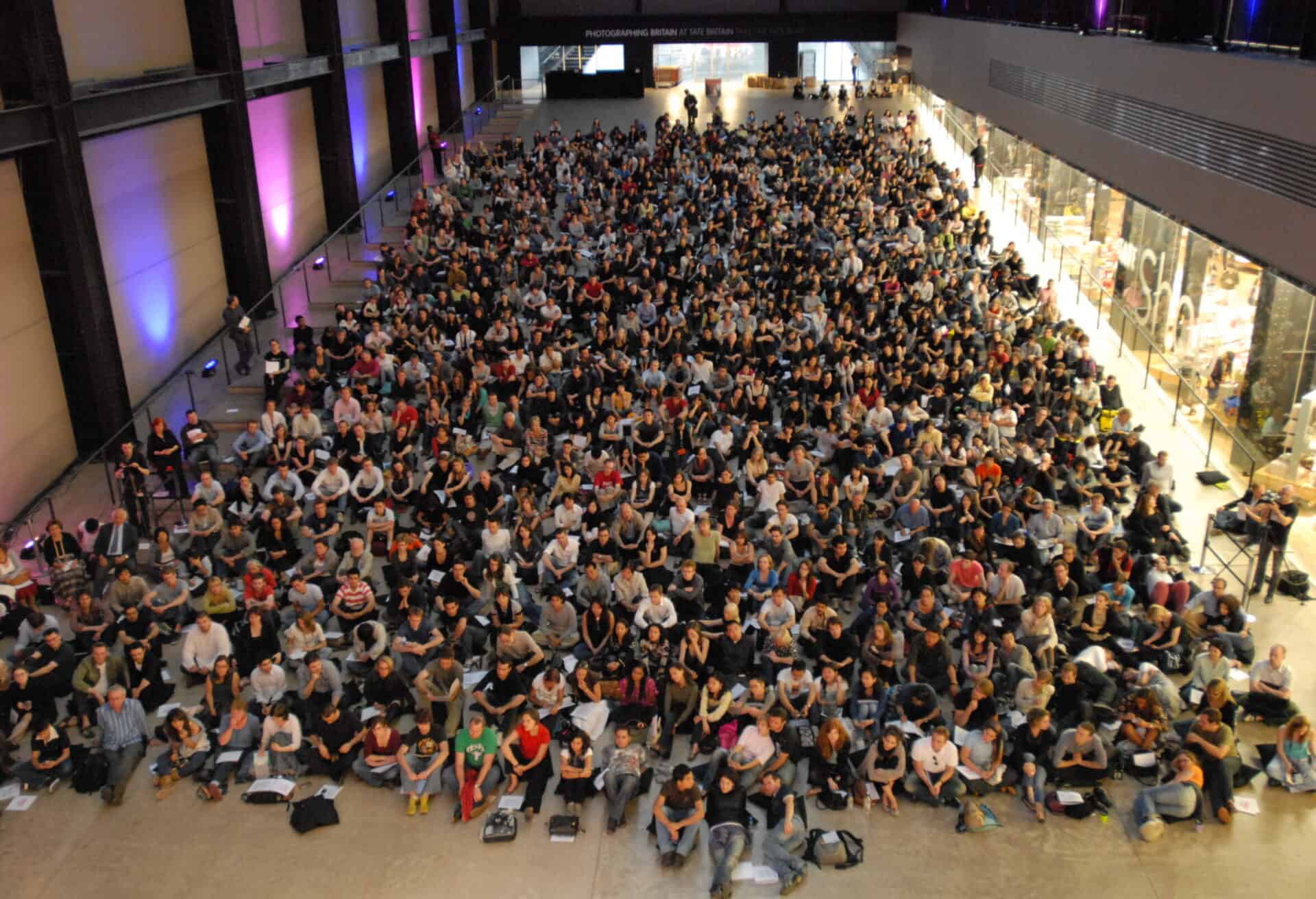Next – Project
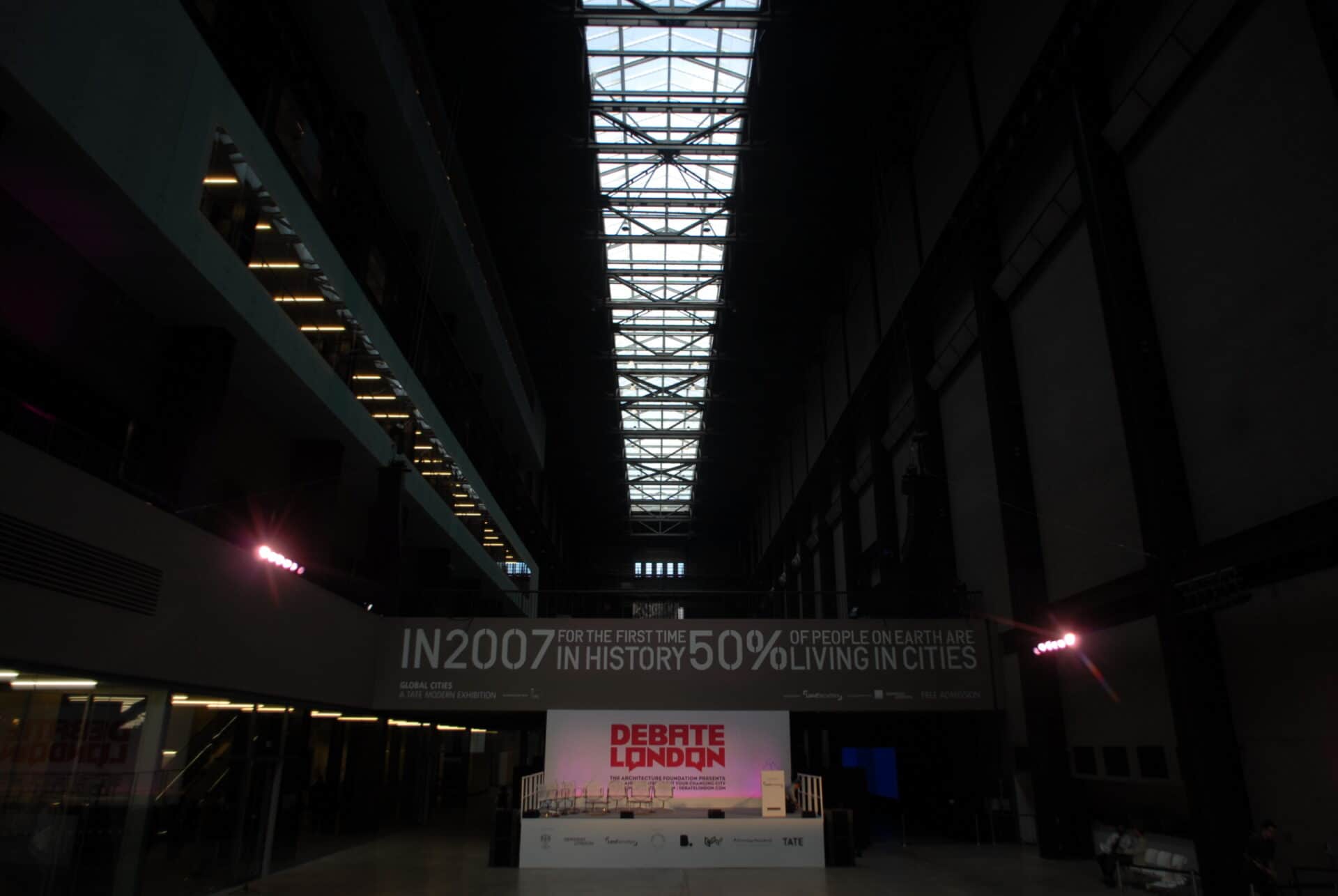
Debate 1: Is London a United City?
Friday 22 June 2007
The mayor’s policy is clear: to maximise London’s success as an international financial centre and to attract foreign investments, so that the whole city can gain. The aim is to make London richer so that everyone can benefit, including new affordable housing and urban developments financed by property developers.
The physical effects of prosperity can be seen in large-scale new developments like More London, Canary Wharf, Paddington Basin, Bankside 123 and the proposed Stratford City. High-quality environments are created within the landowner’s boundaries, as much as London’s Georgian squares were created by private speculation.
London’s luxury enclaves are becoming more luxurious and more intensively serviced by restaurants and shops, Along the Thames plans for residential towers are sprouting, where flats will come with seven or eight figure price tags.
But London remains a city with some of the poorest boroughs in Britain. Its economy is attracting migrant workers who are living in overcrowded conditions, The cost of housing is making it harder for people on middle incomes to live in the city. Reports of an ever more glamorous centre, of £80 million flats and proliferating celebrities, are combined with news of guns and knife crime on the city’s housing estates. Outside the shiny new developments, London remains a city of broken pavements and patched-up roads.
There are already measures to encourage a trickle down of wealth. Developers currently pay for affordable housing, public realm improvements and job training thought planning gain, the benefits agreed with local authorities when planning permission is granted. Regeneration, for example in the Thames Gateway, is encouraged, so as to bring investment to the poorest areas. Property companies are becoming surrogate local authorities, with benefits being asked of them that were once provided by the state.
Are these policies working? Is growth benefits everyone, or is it creating and unacceptable gap between winners and losers?
This event was part of Debate London, a series of public events curated by The Architecture Foundation and hosted by Tate Modern in London. It was sponsored by Land Securities.
Speakers
Hardeep Singh Kohli, broadcaster (chair)
Lynsey Hanley, author, ‘Estates and Intimate History’ (2007)
Oliver Marc Hartwich, Research Director, Policy Exchange
Boris Johnson, journalist and conversation member of Parliament
Neal Lawson, writer and chair, Compass
Ivan Massow, businessman and politician
Ben Page, Chairman, Ipsos Mori (introduction)
Emma Peters, Corporate Director of Development and Renewal, London Borough of Tower Hamlets
Tony Travers, author and professor, London School of Economics
Respondents
Nigel Coates, architect and trustee, The Architecture Foundation
Alex de Rijke, architect, DRMM
Saskia Sassen, author and professor, London School of Economics and Columbia Univeristy
Danny Sriskandarajah, Institute of Public Policy Research
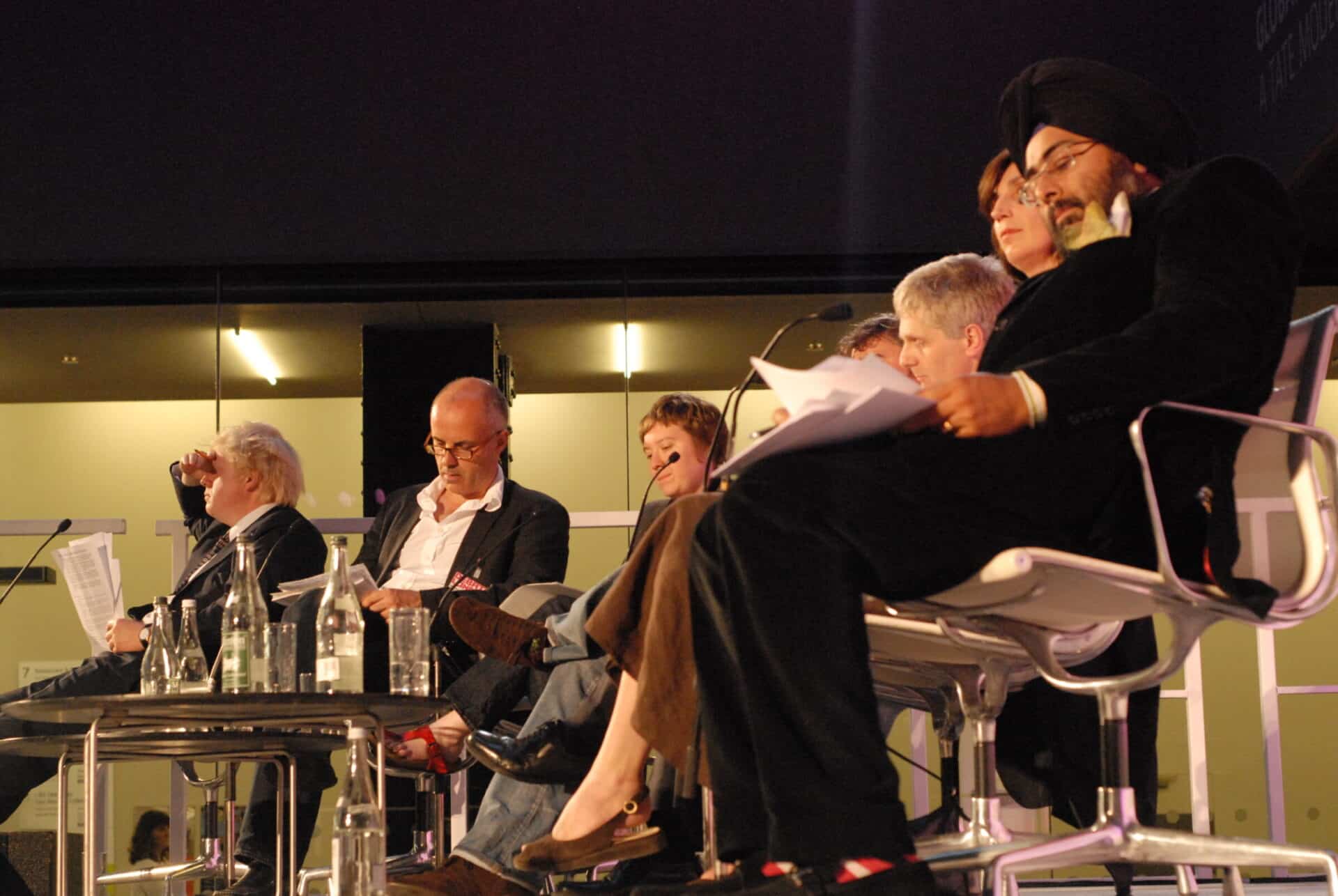
Event Summary
“The first debate was a great kick-off to Debate London, The speakers presented a largely bifurcated set of views addressing the rampant economic inequality that has come to characterise London. Much of the debate, curiously, centred around issues of taxation. Boris Johnson noted the jealous of his upper-middle class peers over the lack of taxes paid by the ‘super rich’. Meanwhile, Tony Travers described that we must look beyond taxation and rather at housing issues to address the major problems of economic inequality and quality of life for the low income-residents of the city. Emma Peters, with her experience in Tower Hamlets [which based in East London, one of long’s fastest growing low income districts] was a great addition – her description of the borough highlights the degree to which it is a microcosm of the larger city and her recommendations could easily be applied beyond the borough itself.”
– Jaffer Korb, assistant editor of project website
Press Comment
“With challenging responses from the audience and heated argument from the panellists, including a loud ‘Tory bulls**t’ from one panellist during a tax discussion, the debate was lively and relevant.”
– Kim Sherwood, untoldlondon.org.uk, published 23 June 2007
